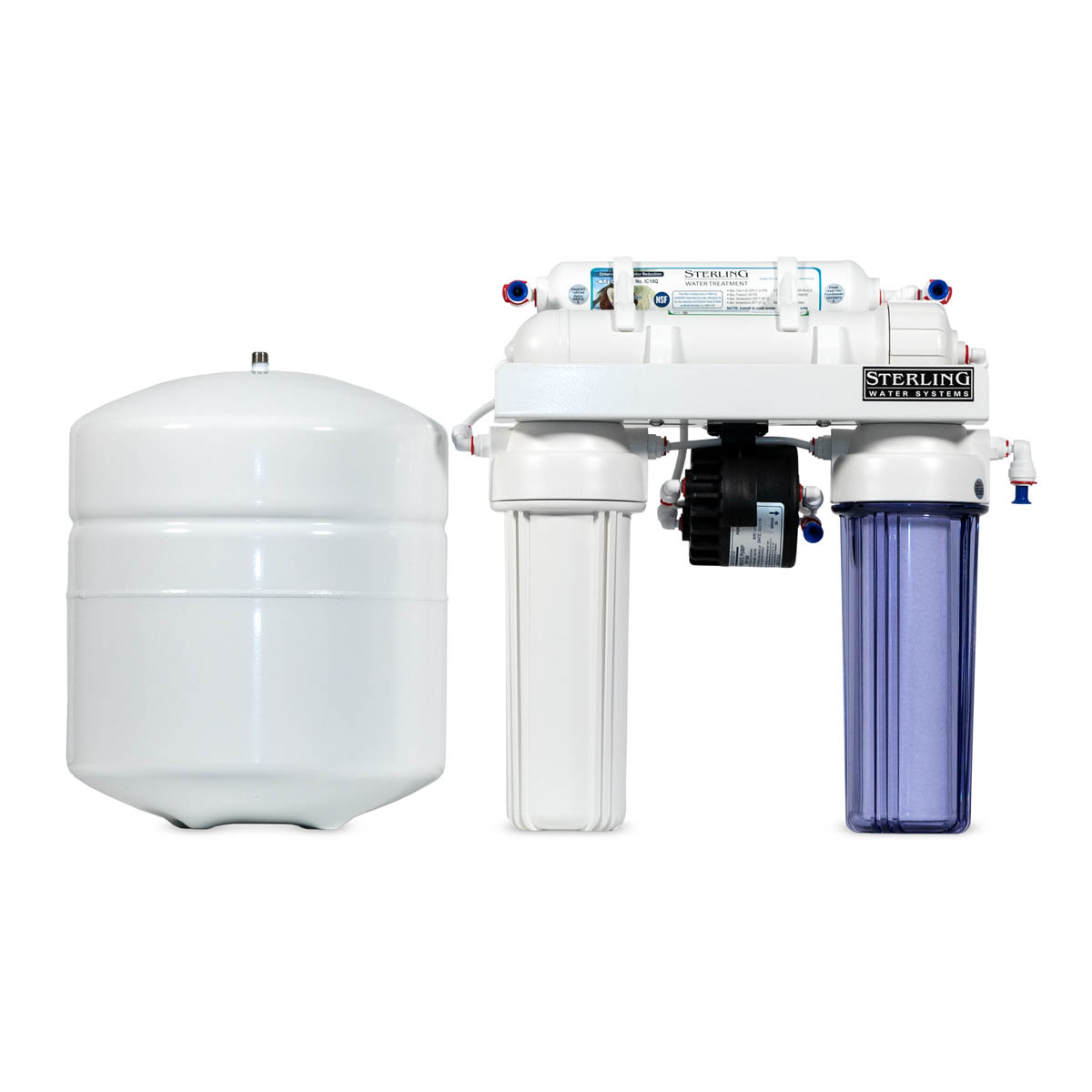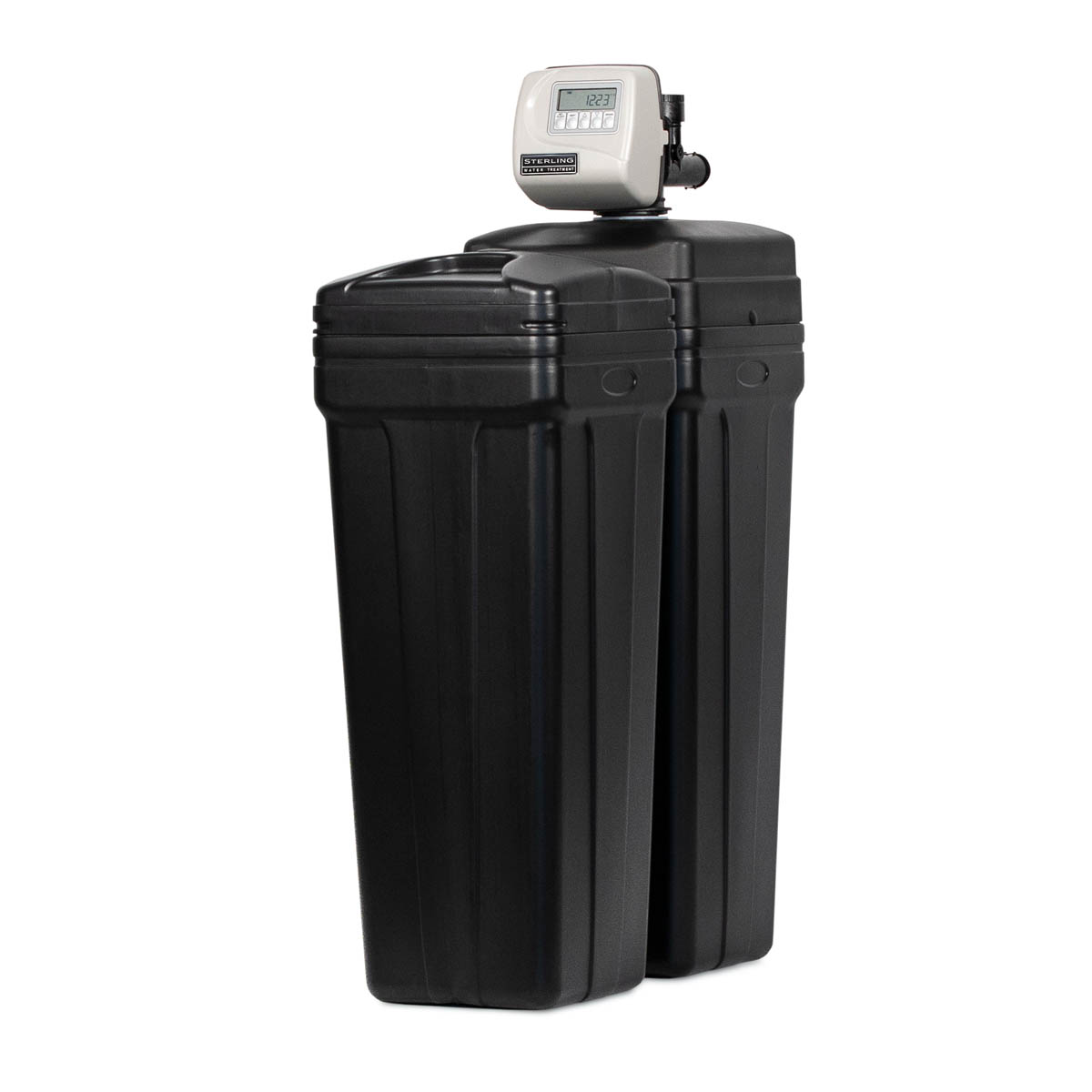There’s no singular reason why your water has a bad taste and smell to it, but one thing is certain: irregular odors and tastes point to an underlying issue with your water quality. Find out some of the reasons for bad tastes and smells in your water!
Causes of Bad Odors and Tastes in Your Water
Sulfur Bacteria and Hydrogen Sulfide
The presence of hydrogen sulfide manifests itself in a distinct “rotten egg” smell or taste. This hydrogen sulfide is produced by naturally-occurring sulfur bacteria in your well, plumbing system, or groundwater. Sulfur bacteria are harmless in themselves, but they can help other bacteria grow and produce harmful gasses, like hydrogen sulfide, which you’ll want to filter out of your water.
Hydrogen sulfide may also be detected by black stains on your fixtures, corrosion on your pipes, or the presence of bacterial slime. In any case, you should get a water test to detect once and for all the problem with your water. From there, the harmful gas can be removed by the ion exchange process of a water softener or a filtration system.
Sulfates
You can identify sulfates in your water by a slightly salty taste to your water. Some common sulfates that can enter the water supply are sodium sulfate, magnesium sulfate, and calcium sulfate.
High sulfate content in your water is not good to live with, as it will lead to the corrosion of your pipes and plumbing systems. Get a water test to determine if sulfates are present in your water. If they are, reverse osmosis systems or water softeners may be installed to remove them.
pH Imbalance
A pH imbalance in your water may have a sweet or sour taste to it. A higher pH (high alkalinity) is usually due to rock or limestone surrounding your groundwater supply. These substances dissolve and travel in the water, throwing the pH out of balance and giving your water its distinctive taste. At the other end of the spectrum, water with a low pH (high acidity) can be due to chemical runoff, industrial pollution, or plant decomposition.
Organic Matter
An earthy, or fishy smell to your water may be due to the presence of organic matter. While naturally occurring organic matter in the water source is not directly harmful, it can be unpleasant to the taste or smell, even at low concentrations.
This problem can be solved with water treatment: either by ion exchange in a water softener, by a filtration system, or by a reverse osmosis system.
Mineral Contaminants
High concentrations of zinc, iron, copper, or manganese may give your water a metallic taste. While minerals may naturally occur in your water, high concentrations of these minerals may affect your health and require treatment when they are above a certain ppm (parts per million) threshold. High amounts of these trace metals may indicate that these metals are entering your water supply from rust or corrosion of your pipes.
When a water test indicates the presence of these metals, a water treatment plan can be customized for you: whether it’s a whole-home filtration system or reverse osmosis.
How to Improve Your Water Quality
The first step to getting your water quality back on track is to get an analysis of your water. A professional water test will give you an analysis of bacteria and chemicals present, calcium and iron content (causing water hardness), and the pH level of your water. From there, you will be able to narrow in on a specific, effective method to improve your water quality and get better tasting and smelling water in your home.
Our water testing is free in Rockford, Cedar Springs, Ada, Grand Rapids, and the surrounding areas.
Water Filters & Filtration Systems
If your water test determines that there are pollutants and particulate matter in your water, you may opt for a water filtration system. There are several types of filtration systems including:
- Point of use filters
- Point of entry filters
- UV filtration
A water filtration system would be a good choice to ensure the health and safety of your family. Contaminants in water can taste bad and even cause illness. This is even more important if you have well water.
- Chlorine
- TDS (total dissolved solids)
- Sodium
- Lead
- Arsenic
- Iron
- Sulfur smell
Whether your water test indicates you have a serious water quality problem or simply poor taste/smell, the Blakeslee & Son team is happy to help install a top-of-the-line water filtration system for you.
Reverse Osmosis Systems
When comparing water purification systems, you may find that reverse osmosis systems are popular options. Reverse osmosis systems filter out common chemicals like sodium, chloride, iron, sulfates, and more. These systems have a reverse osmosis membrane which prevents everything except water molecules from getting through. They also have several filtration stages to ensure pure water.
Reverse osmosis systems are not designed to remove bacteria from your water—if your water test indicates that bacteria is an issue, consider a UV water filtration system.

Water Softeners
A water softener will eliminate hard water caused by excess iron and calcium in your water. In fact, here in Grand Rapids our water is considered “hard to very hard.” Most households in this area need a water softener to combat soap scum residue, skin and hair problems, appliance breakdown, and overall taste and smell associated with hard water.
Get the Water You’re Missing Out On
Whether it’s bad smells, bad tastes, residue left behind, or appliance damage, Blakeslee & Son are your water quality experts. We install water softeners, water filtration systems, reverse osmosis systems, and provide free water tests so that you know which one is right for you.
After a thorough analysis of your water, we’ll recommend the system that will give you the results you need and install it for you in a timely manner—getting you clean, drinkable, usable water before you know it.
Ready to banish your bad water?




